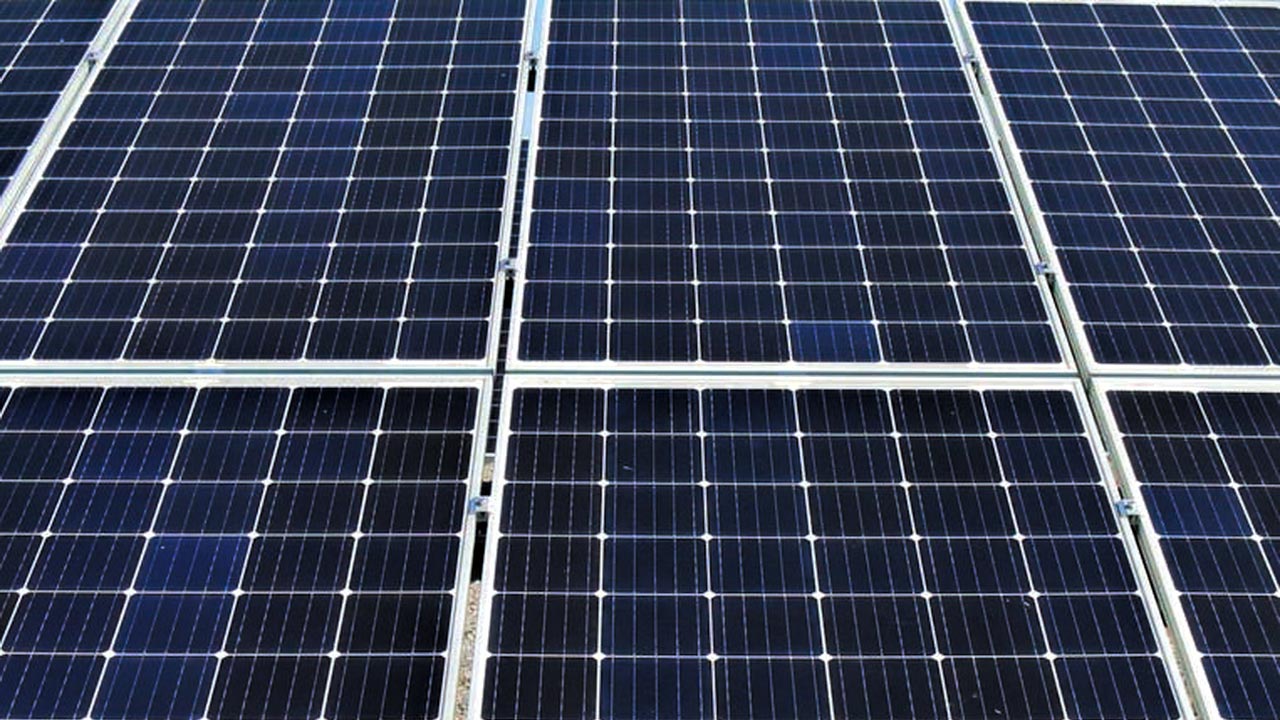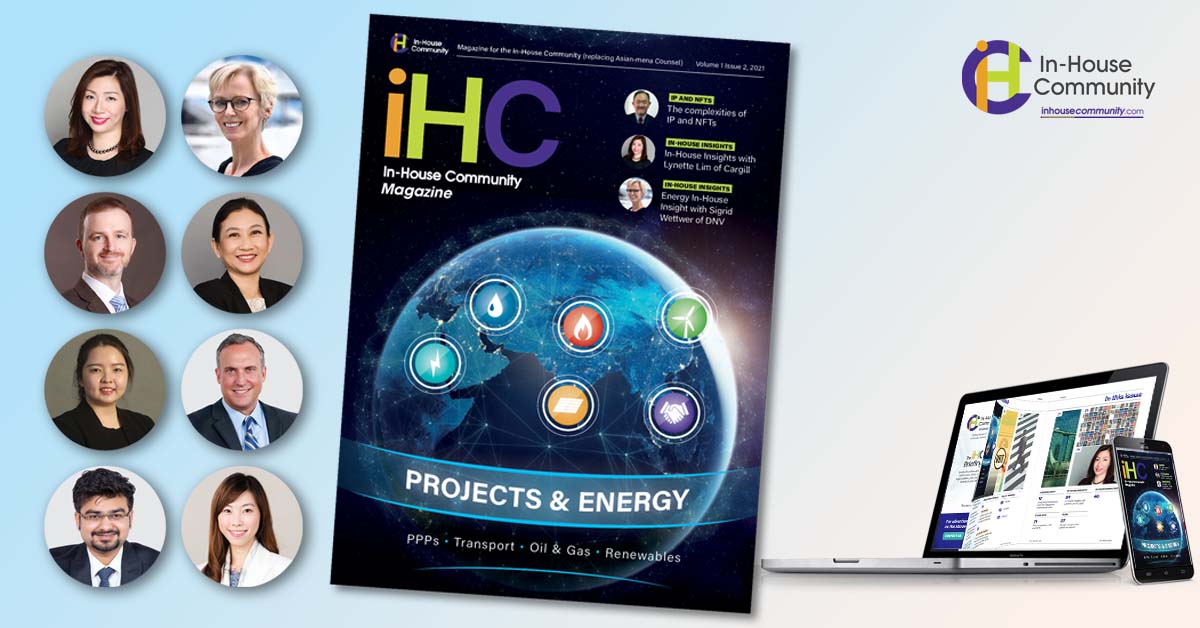
Over the past five years, solar electricity developers (developers) have busily installed photovoltaic (PV) panels on the rooftops all over Thailand.
For commercial and industrial (C&I) businesses, the panels were an easy sell. For instance, PV installations are often financed by the developers, rooftop solar reduces overall electricity costs and the glare caused by the sun shimmering off PV panels can display the occupant’s green credentials.
Developers are seeking premier projects such as new factories or stores with creditworthy occupants as they expand their portfolios in Thailand. The initial exuberance remains, but some developers are hesitant to enter Thailand perceiving that many of the best opportunities have already been seized.
However, Thailand’s rooftop solar sector can still expand so interested developers must be aware of relevant regulations so they can take advantage of these opportunities.
This article will look at how the market might consolidate if developers sell some of their existing assets, which may also create refinancing and bankability concerns. The potential impact of carbon trading markets will also be discussed.
Market Consolidation – Regulatory Issues For Buyers And Sellers
There are a significant number of developers active in Thailand’s rooftop solar sector and much of their financing is sourced from shareholder equity contributions or corporate lending.
This has resulted in projects tying-up developers’ capital and delaying expansion plans. To free up some of this cash, developers may look to sell off existing projects which would consolidate the market and result in merger control issues.
Merger Control
In 2009, Thailand’s Energy Regulatory Commission (ERC) enacted the Regulation on the Establishment of Criteria to Prevent Mergers, Competition Lessening or Restrictions in Energy Services B.E. 2552 (2009) (the “MR”), which sets out the basic rules for merger control in the power sector.
Section 3 applies to scenarios that are considered “mergers” under the MR, including:
- An amalgamation of two or more licensees where one licensee ceases to exist as a distinct juristic person
- The purchase, or any other action taken to obtain all or certain assets of another licensee, resulting in control of policy, management, supervision or administration
- The purchase of, or any other action taken to obtain all or certain shares of another licensee, resulting in control of policy, management, supervision or administration
- The purchase or any other action taken to obtain all or certain shares of a person who has control of the policy, management, supervision or administration of another licensee.
Section 4 of the MR prohibits licensees from merging without first obtaining permission from the ERC.
It should be noted that many rooftop solar projects may fall below the threshold of 1 MW ampere, and therefore the buyer would be exempt from the requirement to obtain licenses under the Energy Industry Act, B.E. 2550 (2007). The MR is promulgated via the EIA so these types of smaller projects would not be subject to the merger control regime.
Property And Regulatory Issues
When conducting due diligence on potential targets, buyers should know the regulatory environment applicable to the rooftop solar sector.
In addition to licenses under the EIA, developers must understand the relevant permits and licenses to lawfully operate a rooftop solar project. These could potentially include a factory operating license, controlled energy production license, network system interconnection or construction permits.
While electricity generation is not restricted to foreigners under Thailand’s Foreign Business Operations Act B.E. 2542 (1999), many other activities tangential to rooftop solar projects may impose licensing requirements. For instance, a foreign customer would not be permitted to lease out its rooftop to the developer if the customer does not have a foreign business license under the FBA. Potential buyers should ensure the regulatory framework is carefully considered at the outset of the project.
Refinancing And Bankability Issues
There is no standard template power purchase agreement (PPA) in Thailand’s rooftop solar industry which means form agreements differ greatly in the quality of their drafting.
Since most rooftop solar projects are not financed by asset-based lending, these corporate PPAs are generally not scrutinized by lenders at the early stages of development to ensure bankability concerns are minimized.
Many developers will likely seek to refinance their projects to access capital for expansion.
Many developers will likely seek to refinance their projects to access capital for expansion. In doing so, lenders will need to consider their comfortability with the overall risk profile of each project (or their portfolio). It is possible that as a condition to refinancing, lenders will require amendments to the PPAs to address bankability concerns.
Some areas of concern when examining the bankability of PPAs could include:
- Revenue certainty and demand risk. The C&I customer’s anticipated use of electricity from rooftop solar is the primary factor in assessing prospective financial returns. The pricing formula, as well as incentives to use rooftop solar electricity, must be considered.
- Consequences of termination. The likelihood of early termination and the developer’s rights must be properly understood. Although the developer retains ownership of the installations during the term of the PPA, their ability to make use of the installations will be limited upon termination of the PPA. A mechanism that permits the transfer of the equipment to the C&I customer is essential.
- Force majeure and unforeseen risks. A project’s commercial viability will depend on projected electricity demand over a 20-25 year period. The PPA must consider unforeseeable events which could affect the rights and normal business operations of the parties. Clear drafting is essential. In the wake of Covid-19, the importance of robust force majeure clauses was highlighted. Although force majeure clauses drafted in 2020 and 2021 can reliably be expected to mention “pandemic or epidemic” as a listed event constituting force majeure, it is important to think about the next round of unforeseeable events such as climate change.
Carbon Trading Markets – A Secondary Source Of Revenue?
Thailand does not have a state-mandated carbon trading market. However, voluntary schemes such as the International Renewable Energy Certificate Standard (I-REC) are gaining in notoriety. Essentially, the I-REC scheme allows generators of renewable electricity to register and sell certificates to consumers on the open market, enabling consumers to meet other clean energy objectives.
Although developers and their customers may not always consider carbon credits when preparing their PPAs, carbon credits could be a secondary source of revenue. Developers are likely better situated than their customers to maximize the benefits of engaging in carbon trading schemes. However, the customers should be conscious of this additional ability to monetize the solar rooftop project in order to leverage preferable terms in the PPA, including a potential reduction of the purchase price for electricity.
In our experience, only some rooftop solar PPAs contemplate allocation of rights over carbon trading units. This could lead to disputes between developers and their customers. Going forward, as businesses increase their efforts to promote energy transitions, carbon trading schemes will play a more prominent role in negotiations.
Conclusions
Thailand’s rooftop solar industry is still young, and there remain numerous opportunities for developers among C&I customers, residential consumers and small retailers. Presently, access to credit and the relatively small size of projects are drawbacks. But these issues can be overcome with proper policy tailoring. As the Thai government has shown a desire to promote renewable energy, it is likely that initiatives will be drawn up to enable greater market penetration.
Although the initial rush to seize the low-hanging fruit of prime C&I rooftop solar projects may be relenting, this sector will continue to provide investors with opportunities. However, whether it is a greenfield or brownfield development, a clear understanding of the business structure and the regulatory framework is essential to ensure projects are built on solid legal foundations.
If you require advice on any of the issues raised in this briefing, please contact the authors below.

David Beckstead David Beckstead is a counsel at Chandler MHM Limited (CMHM) and a member of the firm’s Energy & Infrastructure Practice Group. Prior to joining CMHM, he gained experience as a consultant at a respected international law firm in Bangkok. |
Chandler MHM Limited
36th Floor, Sathorn Square, Office Tower, 98 North Sathorn Road , Silom, Bangrak, Bangkok 10500 , Thailand.
*This article is the IHC Magazine’s off-shore update for April 2021 issue. Click here to read the full magazine


